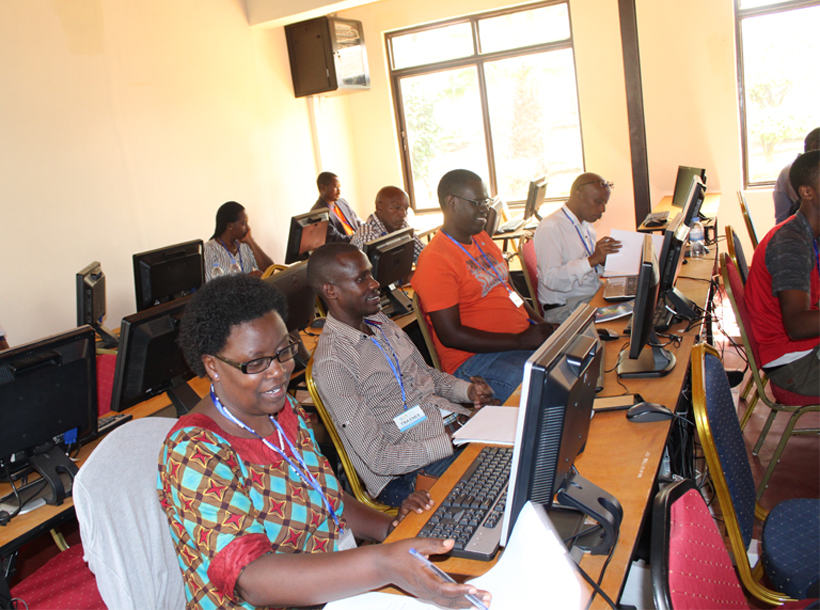1. MODULE OBJECTIVES:
- Describe the definition, standards and outline of Resource and Resource Mobilization.
- Identify the types of resources and their respective providers.
- Differentiate the mechanism of Resource Mobilization and their advantages and disadvantages.
- Evaluate the effectiveness of the mechanisms used within one's Organization.
- Analyze the factors that motivate the resource providers.
- Find out the gap between Resource Mobilization and the Organization's strategy and evaluate the state of Resource Mobilization in one's Organization.
- Map the Resource Providers and collect essential information for Resource Mobilization and fundraising
- Develop Action Plan for Resource Mobilization and fundraising and reporting for the use of funds
2. MODULE BRIEF DESCRIPTION:
This module has been prepared as a resource book for the training of local NGO leaders and managers. It is comprised of exercises for putting the learning into practice of the organization for the benefit of the user. It is designed to build the skills of personnel working with a range of organizations to develop practical resource mobilization plans. This would help participants to get knowledge in the resource mobilization and fundraising for their organizations.
3. MODULE CONTENT:
Session 1 | DEFINITION AND OUTLINE OF RESOURCE MOBILIZATION | Session 6 | WRITING A SUCCESSFUL FUNDRAISING PLAN |
Session 2 | TYPES OF RESOURCE AND RESOURCE PROVIDERS | Session 7 | UNDERSTANDING THE DONOR'S ENVIRONMENT AND DONORS' ASSESSMENT CRITERIA |
Session 3 | STRATEGIES AND MECHANISMS OF RESOURCE MOBILIZATION | Session 8 | NETWORKING, COMMUNICATIONS AND NEGOTIATIONS WITH DONORS |
Session 4 | DEVELOPMENT OF RESOURCE MOBILIZATION ACTION PLAN | Session 9 | NGOs REPORTING ON THE USE OF FUNDS |
Session 5 | WRITING RESSOURCE MOBILISATION PROPOSAL | Session 10 | EMERGING TRENDS IN RESOURCES MOBILIZATION AND FUNDRAISING |
4. TARGET AUDIENCE:
The target audience for this module includes but not limited international non-governmental organizations (INGOs); national NGOS; national and international faith-based organizations (FBOs); and, smaller, grassroots community-based organizations (CBOs) that provide services to communities.
TRAINING METHODOLOGY
Given that most of the participants will be adult learners, a Modified Lecture Approach will be adopted. The following approaches will be used:
- Structured Lecture Approach
- Discussion / Buzz Groups
- Case work/Study
- Brainstorming
- Demonstration
- Plenary Discussion
- Questions and Answers
5. DELIVERY TIME AND VENUE:
The course can be delivered at RMI Murambi campus. Visit www.rmi.rw for the detailed Training Calendar. The venue and time may be adjusted according to the trainees' request, terms and conditions apply.
